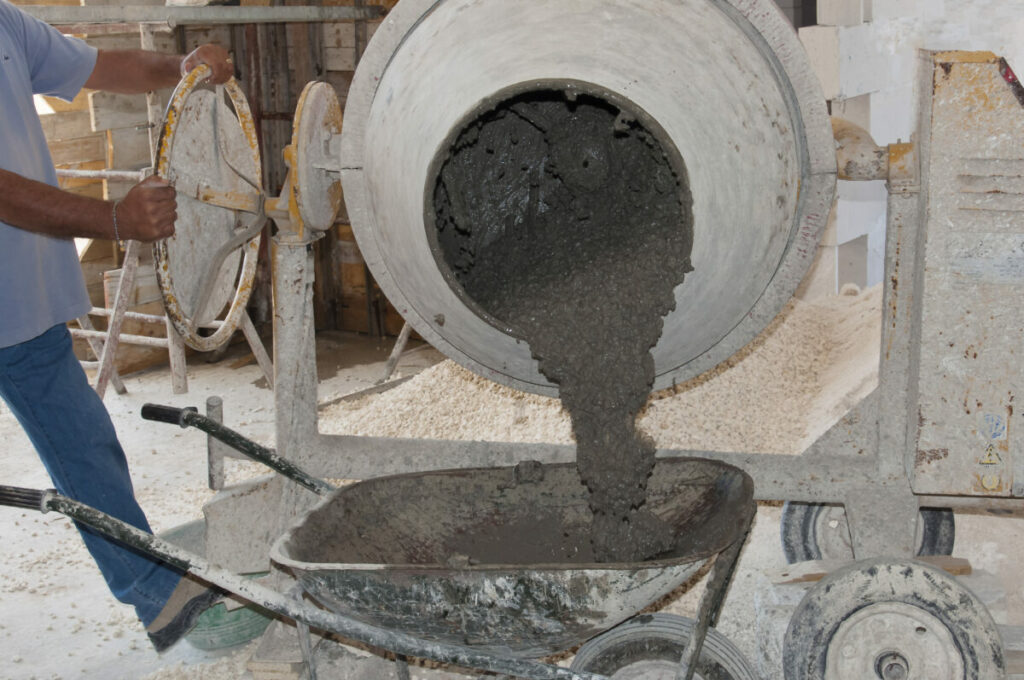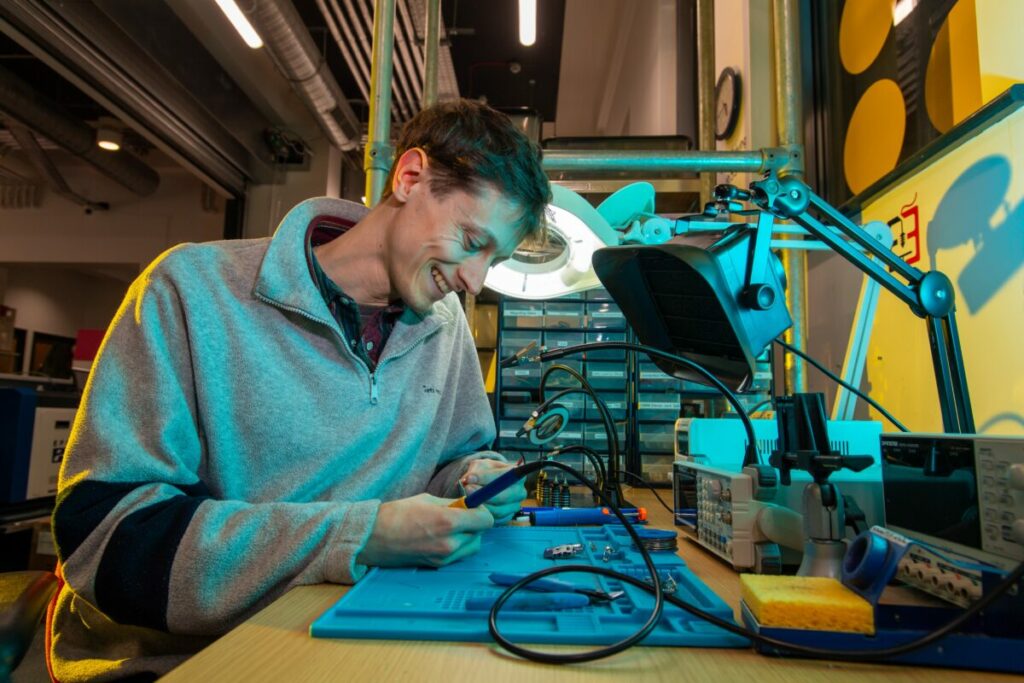The National Farmer’s Union has supported Yen Zero network to research strategies to support farmers in their journey to net zero.
By trialling and exploring which mitigation strategies work best, YEN Zero is helping farmers work towards the NFU ambition of achieving net zero emissions by 2040.
The research found crops with low greenhouse gas (GHG) emissions tend to have low rates of artificial fertiliser.
The data also found the low GHG emission crops have higher yields, great use for fertiliser efficiency products and less intensive cultivations.
The GHG emissions for a particular crop vary considerably depending on the different management practices, soil types and weather conditions. The Yen Zero network explained that generally, a cereal and oilseed rape crop will attribute half of its greenhouse gas emissions to artificial fertiliser and 20% to operations, while a pulse crop’s biggest source of emissions is operations, followed by the decomposition of crop residues.
Subscribe to Sustainability Beat for free
Sign up here to get the latest sustainability news sent straight to your inbox everyday
The data highlighted that combining a reduced cultivation strategy, a low grain drying requirement, reduced synthetic fertiliser input, and use of urease and nitrification inhibitors could reduce the carbon footprint of wheat feed crops by up to 41%.
Additionally, moving from a plough-based system to a direct drill cultivation system can reduce the carbon footprint by 9%.
While artificial fertiliser produces a large amount of GHG, the Yen Zero network warn that organic materials impact the environment and will not completely eliminate emissions.
“The easiest way to reduce this impact is to balance the organic material application rate with crop nutrient requirements and apply manures carefully to reduce ammonia losses and maximise crop access,” it stated.
NFU combinable crops adviser Luke Cox said: “The YEN Zero network’s findings pinpoint key focus areas for farmers to reduce greenhouse gas emissions on arable farms.
“Strategies like reduced cultivation, a low grain drying requirement, reduced synthetic fertiliser use and urease and nitrification inhibitors can be associated with lower crop carbon footprints. However these factors are largely determined by factors outside of a grower’s control, and therefore we ask the supply chain to work with farmers to help integrate these practices whilst maintaining or even increasing food production levels.
“Organic materials, with their own environmental impact, can be managed by matching application rates to crop needs and careful manure application to help reduce ammonia losses and maximise crop access. All farm businesses can look to improve resource management by calculating their carbon emissions and identifying key focus areas to work on. The NFU is continuing to sponsor the YEN Zero programme and looks forward to seeing advances in the data reported on as part of the network,” he added.















